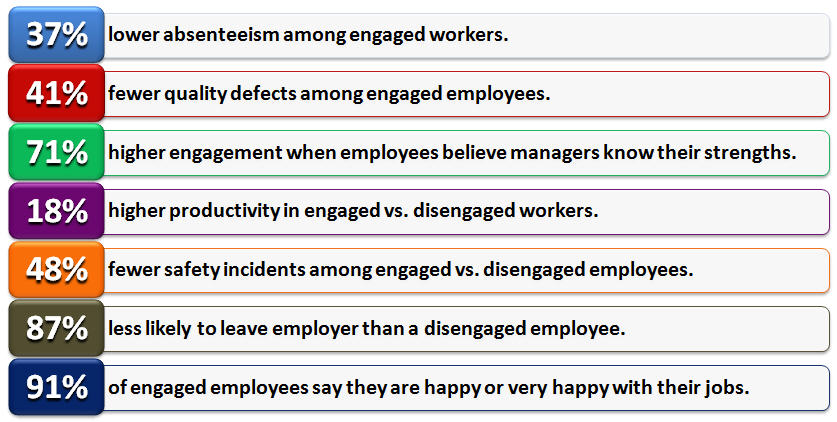Career Development Discussions You Need to Have With Your Employees
Posted in Career Search Tools & Education, Dynamic Training News, Improve Sales & Profits, Leadership Development & Training, Performance Management, Talent Development & Training on May 09,2023
This is Part 1 of a 2-part series. In this installment we’ll explore career development discussions from a supervisor’s perspective.
Career development discussion defined: a discussion between a supervisor and his or her direct report, for the purpose of helping him or her develop to his or her optimal capability over time.
Career development discussions are not new, though they are viewed as increasingly more important among best practices across all employment sectors for developing and retaining talented people. The biggest challenge is that many managers do not know how and where to start in having an effective career development discussions on a regular basis.
Why Career Development Discussions Benefit Supervisors
There are two key reasons why you should hold regular career development meetings your direct reports:
1. Regularly scheduled career development discussions increase employee engagement. Consider the following employee engagement stats gathered from Gallup, Deloitte, SHRM, Buckingham and others showing the impact of employee engagement in the workplace. These make a compelling case to support supervisors investing the time in career development discussions with employees.

2. Career development discussions are one of the most effective tools supervisors can use to develop and retain talent. Robert Half, legendary founder of the $6B recruiting conglomerate that bears his name, is oft quoted as saying, “Talent is rare. Rarer still is the ability to spot talent.” I amend his quote to include, “And the rarest talent of all is the ability to develop talent, for with it you will be the most sought after and employable talent there is.” If you can develop talent, you’ll be sought after for the rest of your career!
How to Have an Effective Career Development Discussion with Your Employee
In order to have an effective career development discussion, you’ll need some structure. A supervisor’s role is to encourage his or her employees to develop their career plans, while serving as both a thinking partner and an accountability partner. Each employee OWNS his or her own career development plan.
Stage 1: Planning for the First Discussion
- Schedule the discussion and invite the employee to the meeting.
- Consider where the employee is in his or her career (developing, strong performer, or outstanding performer). Be prepared to discuss this.
- Develop your initial questions to guide the discussion according to what is appropriate for the employee.
- Develop a meeting agenda which you’ll propose to start the meeting.
Stage 2: Initiating the First Discussion
- Propose the initial meeting discussion agenda, expectations and objectives.
- Ask the employee to share his or her career aspirations.
- Communicate that the employee owns his or her career development plan and that your role is to act as a thinking partner and encourager.
- Express your desire to have regular career development discussions.
- Ask the questions you developed earlier to help your employee explore where he or she is and where he or she might want to go.
- Identify any work that might be done by the employee and the manager and agree on desired outcomes/objectives, and see if your employee agrees.
Stage 3: Concluding the Discussion
- Ask the employee when he or she would like to schedule the next discussion, then schedule it with a meeting request.
- Suggest that all future meeting agendas have items from both of you.
- Summarize what actions are to be taken (and by whom) between now and the next discussion.
Stage 4: Encourage Between Career Development Discussions
- As you better understand the employee’s career goals, provide regular feedback and coaching in ways that leverage his or her career aspirations.
- Pass along any resources you encounter that might help the employee reach his or her goals.
- Call for agenda items for the next scheduled meeting about a week out.
Repeat stages 2-3-4 in cycle and deepen the quality of your meetings over time.
In Part 2 of this series we’ll approach career development discussions from the employee’s perspective.
Bottom Line
Career development discussions are a best practice used by leaders and managers to develop their people. ?
Author’s note: this article was in part excerpted from my Leading Through People series, LTP-17 Holding Effective Career Development Discussions.
I love working with people and organizations who want to improve their effectiveness! Here are several outstanding resources that can help you and your organization to go to the next level:
- Improving your (or your team’s) management and leadership skills: Leading Through People™. This acclaimed program equips participants in thousands of current and emerging best practices of leadership, hiring, and talent development.
- Raising your (or your team’s) selling and sales management effectiveness: B2B Sales Essentials™ (among the 30-plus courses we offer are ones on selling with emotional intelligence and storyselling!)
- Conducting a more effective job search: Get a Better Job Faster™
For the past 25 years I’ve worked with some of the world’s top employers by helping them get the most out of their talented people. My company’s extensive leadership development course catalog provides effective skills-building for everyone in the organization, from the new / developing leader to the seasoned C-level executive. My company’s coaching programs produce significant results in compressed periods of time. I also help job seekers, higher ed, and employment services connect people to better jobs faster. My company’s acclaimed career development tools help people navigate the ever-changing landscape of conducting a successful job search. To find out more, please visit us at www.boyermanagement.com, email us at info@boyermanagement.com, or call us at 215-942-0982.
Latest Leadership Posts
Give Your Development Plan Transforming Power Continue Reading
The World’s Most Powerful Self-Development Tool Continue Reading
Better Ways to Manage Stress in 2026, Part 2 Continue Reading



